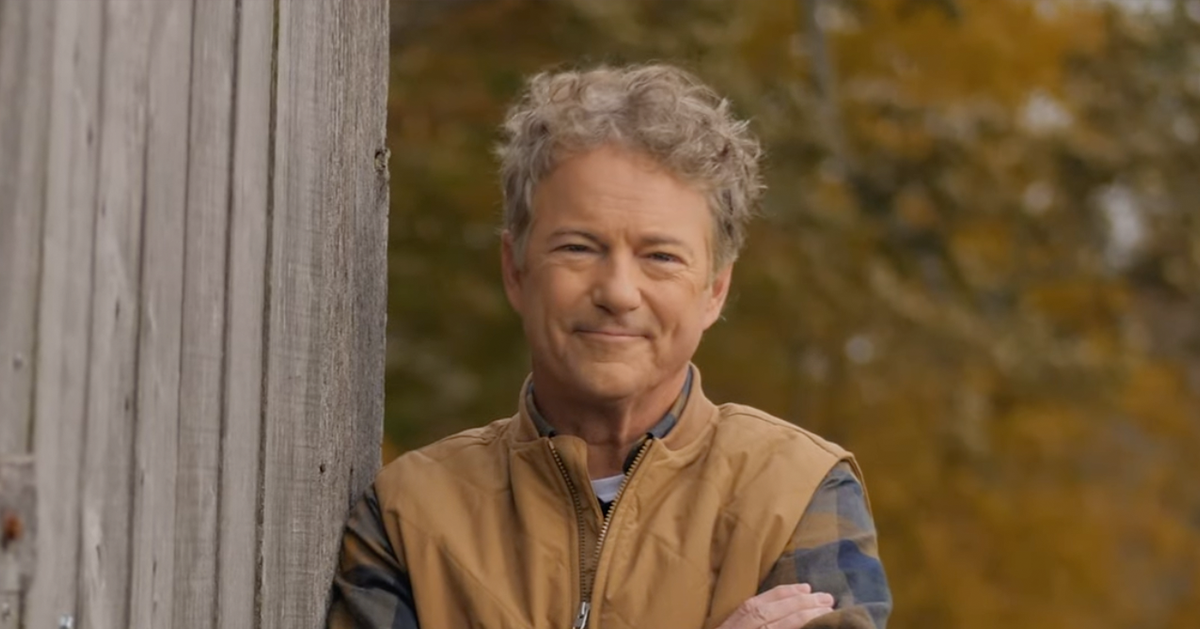Elderly Pro-Life Activist Receives Prison Sentence After Clinic Protest
Paula "Paulette" Harlow, a 75-year-old woman from Kingston, Massachusetts, was sentenced to two years in prison following her role in a 2020 pro-life demonstration that obstructed an abortion clinic.
The demonstration, described by Harlow as peaceful, led to charges of "civil rights conspiracy and Freedom of Access to Clinic Entrances (FACE) Act violations," as Fox News reports.
The incident took place in October 2020 at a clinic operated by Dr. Cesare Santangelo. Harlow, alongside 10 other pro-life activists, engaged in a blockade that impeded access to the clinic. They used their bodies, furniture, chains, and ropes to obstruct the clinic entrances.
Protesters Blockade Clinic in 2020
The blockade was live-streamed, drawing attention to the group's actions. According to Paula Harlow, the demonstration aimed to "put our lives on the line" to intervene "between the death of the child and the abortionist."
Despite her insistence on its peaceful nature, the blockade resulted in severe legal consequences.
On May 31, Harlow received her sentence, marking the culmination of a legal process that scrutinized the participants' actions. In recent weeks prior to the sentencing, Harlow had been on house arrest.
Legal Consequences of the FACE Act
The FACE Act, signed into law in 1994 by President Bill Clinton, prohibits obstructing access to reproductive health services.
The U.S. Attorney's Office for the District of Columbia detailed the charges, noting that the protesters "forcefully entered the clinic" and engaged in a "conspiracy to create a blockade." These actions aimed to prevent the provision and reception of reproductive health services.
Harlow's commitment to her cause is long-standing; she expressed her motivations by citing the need to intervene in what she perceives as forced circumstances leading to abortion.
"They feel forced into it for whatever their circumstances are," Harlow stated. She emphasized the importance of offering love and support to those contemplating abortion.
Family's Distress Over Sentencing
Harlow's husband, John Harlow, has voiced his distress over the situation. "It's devastating, what they're doing," he remarked, referring to the trial and sentencing. Nonetheless, he reiterated his wife's stance that the focus should be on the children, not her personal predicament.
John Harlow even offered to serve the prison sentence in his wife's place, underscoring the emotional toll this legal outcome has taken on their family. "We're all concerned about her. I told the judge I'd go to jail for her if I could," he added.
Health Concerns Amid Incarceration
Paula Harlow has extensive medical issues, sparking concerns about how incarceration will affect her health. She has voiced worries about being without her husband, who assists her with daily needs. "Incarceration would be detrimental because I won't have access to the things I have now," she explained.
Despite the impending challenges, Harlow considers her involvement with the legal system to be an honor. "I considered going to court an incredible honor," she shared, reflecting on the opportunity to stand for her beliefs.
Conclusion and Wider Implications
The case of Paula "Paulette" Harlow highlights the complexities surrounding protests targeted at abortion clinics.
The FACE Act's enforcement mechanisms are purportedly meant to install legal boundaries for such demonstrations, while personal testimonies from Harlow and her family shed light on the human aspects behind their implications.
In summary, Paula Harlow's sentencing underlines the potential legal repercussions of obstructing medical facilities and invokes broader discussions on reproductive rights and freedom of expression.
With Harlow's health and her family's emotional well-being now in question, the story underscores the intertwining legal and personal dimensions of protest actions.






